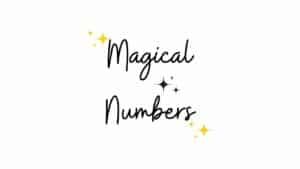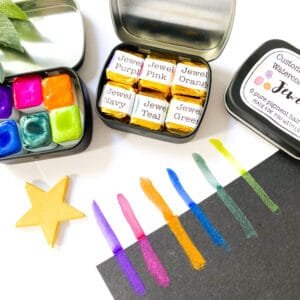Tips on developing a spiritual practice especially when you’re Neurodiverse.


Developing a regular spiritual practice can be a deeply enriching journey, and it’s essential to tailor it to your unique needs. For neurodivergent individuals, creating a routine that aligns with sensory sensitivities and preferences can provide a nurturing foundation for spiritual growth.
Here’s a bullet point list of ideas to consider:
- Sensory-Friendly Meditation:
- Create a comfortable and sensory-friendly meditation space.
- Use soft textures, calming colors, and gentle lighting.
- Explore guided meditations specifically designed for neurodivergent individuals.
- Mindful Movement:
- Engage in gentle forms of movement like Tai Chi or Qi Gong.
- Practice yoga with an instructor experienced in adapting poses for sensory sensitivities.
- Visual Supports for Meditation:
- Use visual schedules or visual supports to structure your meditation routine.
- Incorporate visual prompts or symbols that resonate with you during meditation.
- Journalling for Self-Reflection:
- Customize a journalling system that suits your sensory preferences.
- Experiment with different textures for writing surfaces or pens.
- Prayer and Rituals:
- Create simple, repetitive prayers or affirmations that resonate with you.
- Develop sensory-friendly rituals, such as lighting a specific scented candle or holding a comfort object.
- Nature Connection:
- Connect with nature through sensory-rich experiences like forest bathing.
- Practice grounding exercises outdoors to build a spiritual connection with the natural world.
- Use Technology:
- Explore meditation or mindfulness apps designed for neurodivergent individuals.
- Utilize sensory-friendly apps with calming visuals and sounds.
- Sensory Tools:
- Incorporate sensory tools like fidget toys or textured objects during your practice.
- Consider weighted blankets or sensory-friendly seating to enhance comfort.
- Social Support:
- Seek out online or in-person communities of neurodivergent individuals interested in spiritual practices.
- Share experiences and strategies with like-minded individuals.
- Adapted Affirmations:
- Create personalized affirmations that address your specific needs and goals.
- Record them for auditory reinforcement.
- Visual Schedules:
- Use visual schedules or charts to structure your daily spiritual routine.
- Include icons or images representing each practice.
- Mindful Sensory Exploration:
- Engage in mindful sensory exploration, focusing on the sights, sounds, textures, and scents around you.
- This can be done during daily routines as a form of grounding.
- Gentle Self-Compassion:
- Embrace self-compassion and self-kindness as an integral part of your spiritual journey.
- Develop affirmations that emphasize self-acceptance and self-love.
- Incorporate Special Interests:
- Integrate your special interests into your spiritual practice.
- For example, if you’re passionate about art, incorporate creative expressions into your practice.
- Visual Mind Maps:
- Create visual mind maps or diagrams to map out your spiritual goals and progress.
- This can serve as a helpful visual tool for tracking your journey.
- Flexible Scheduling:
- Allow for flexibility in your spiritual practice routine to accommodate sensory sensitivities or fluctuations in energy.
- Celebrate Small Achievements:
- Recognize and celebrate small achievements and progress in your spiritual practice.
- Positive reinforcement can be motivating.
- Regular Routine:
- Establish a regular routine and stick to it as much as possible, as predictability can be comforting.
- Consult with Professionals:
- Seek guidance from professionals experienced in working with neurodivergent individuals to tailor your practice.
Remember that your spiritual practice is a deeply personal journey, and it’s important to adapt it to what feels right for you. These ideas can serve as a starting point, but feel free to customize and explore what resonates most with your individual needs and preferences.




